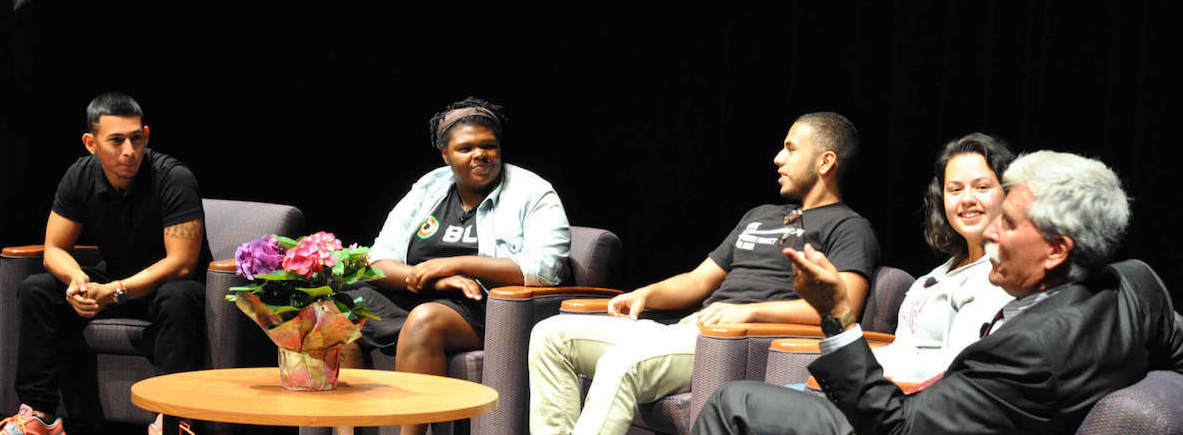Legislators, Educators Unite to Support California Students
By Brian Murphy and Evan Low
Feb. 23, 2017
In the immediate aftermath of the election of Donald Trump, and then in the face of anticipated White House initiatives on immigration, both the Legislature and the state’s higher education leadership made clear that we will not abandon our students, regardless of their immigration status or their religious beliefs.
For its part, the Legislature passed both resolutions and legislation signed by the governor, to protect immigrant students and their families, and also signal the state’s refusal to cooperate in immigration enforcement that targets the most vulnerable among us. Already this session, lawmakers introduced House Resolution 4 and Senate Resolution 7 urging Congress to protect immigrants, Senate Bill 6 to ensure those facing deportation have access to legal services, and Senate Bill 54 to create “safe zones” where immigration enforcement would be banned.
For their part, the head officers of all three public higher education systems—the University of California, the California State University, and the California Community Colleges—made public announcements that they would protect students and refuse to share student information with federal immigration officers, absent a valid warrant or court order. These public institutions were joined by their private counterparts across the state.
These initiatives—both legislative and institutional—are not only about immigrant families, international students, or Muslim students. It is absolutely critical for our region to understand that we regard these initiatives as standing up for all our students, and all our families, because an attack on any group of students, based on their identities or on immigration status, threatens precisely the kinds of academic communities we have been creating over these many decades. Our students—all of them—benefit enormously from the diversity of background, belief, and identity that thrives on our campuses. Seventy-five percent of De Anza students report that they are better prepared to work collaboratively with persons who are different from themselves—one of the core skills employers say they look for in job applicants.
Finally, both the state legislature and college and university leaders are engaged in a common project: to participate in an historic struggle over the very nature of the republic, and the role of higher education in it. Will the United States make the transition to a healthy multicultural future, where our many communities, and the diverse students who attend our institutions, are celebrated as essential to our identity? Or, will we slide back into the narrow racism and white supremacy that seems to animate many of the White House initiatives?
To stand back and observe is to accept; to stand up and declare opposition is to be clear about which future we want.
Brian Murphy is president of De Anza College. Evan Low is a California Assembly member representing San Jose and the Silicon Valley.
This op-ed piece was originally published on San Jose Inside.

